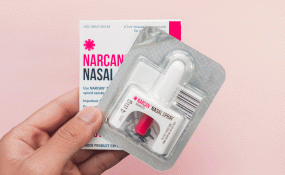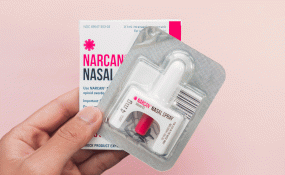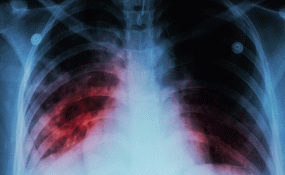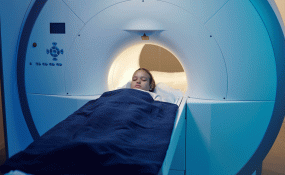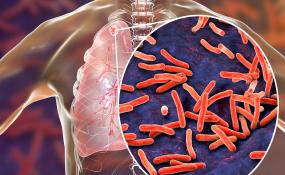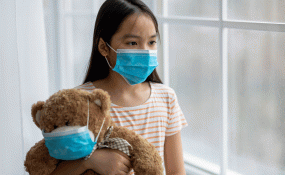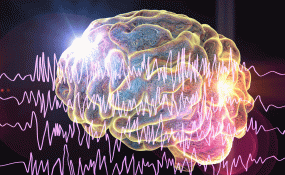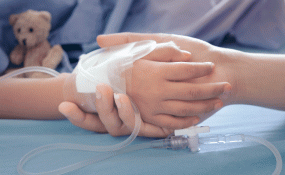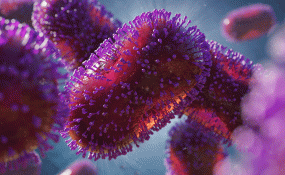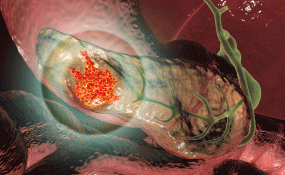Rutgers Health News
The university is participating in the effort to determine the efficacy of what could be the first vaccine to prevent Lyme disease in children ages 5 to 17.
Half as many children in the United States were diagnosed with asthma in the first year of the COVID-19 pandemic compared to previous years, and Rutgers researchers think fewer colds may be part of the reason.
Emergency physicians increased naloxone co-prescribing when opioids were prescribed, Rutgers study finds.
Emergency physicians increased naloxone co-prescribing when opioids were prescribed, Rutgers study finds.
New Jersey’s rate of 8-year-olds diagnosed with autism spectrum disorder is the third highest in the nation.
Rutgers New Jersey Medical School will coordinate a worldwide effort to stop one of the most deadly infectious diseases from spreading.
Rutgers Biomedical and Health Sciences Chancellor Brian Strom leads investigation of the medications’ co-prescription and veteran overdoses and deaths.
Rutgers study finds detection tools used for at-risk adults fail to predict the neurological disorder in young patients.
Rutgers scientists develop testing model to enhance understanding of a condition known as “third window syndrome.”
For Children With Cancer, Different Neighborhoods May Produce Different Outcomes for Different Races
An analysis from Rutgers may help solve a mystery: Why do Black and Hispanic children suffer more life-threatening complications from cancer and cancer care than white children who get the same treatments at the same facilities?
Backed by a $5 million donation from Herbert C. Klein, an alumnus of the university and a former U.S. congressman, who made the gift in memory of his wife, the center is scheduled to open in the fall.
Researchers have developed a novel genome assembly tool that could spur the development of new treatments for tuberculosis and other bacterial infections.
The university is heading a four-year National Institutes of Health study that will enroll 2,000 children and young adults to age 25.
Could the underproduction of poorly understood immune cells contribute to Alzheimer’s disease and other forms of cognitive decline?
Rutgers has been selected as a clinical trial site for the global Pfizer-BioNTech research study to evaluate the safety and efficacy of the bivalent COVID-19 vaccines in children under age 5.
Danielle Dick, who leads the Rutgers Addiction Research Center, has spent decades hunting genes that contribute to drug and alcohol addiction.
Structural racism and insurance are limiting factors in epilepsy treatment for minority groups, according to a Rutgers study.
A 5-year-old with “brain on fire” autoimmune disorder improves with blood plasma exchanges.
Rutgers researchers analyzed data from 2000 to 2015 in the SIDS Center of New Jersey's and New Jersey State Health Assessment databases.
Rutgers New Jersey Medical School will enroll participants in a new study to evaluate whether tecovirimat is effective in treating human monkeypox.
Rutgers Cancer Institute researchers tap university’s microbiome expert to study microbes.
Rutgers study finds post-surgical hospitalization rates from left ventricular assist devices varied by socioeconomic factors.
Rutgers researchers provide guidelines for fertility preservation counseling before gender-affirming medical procedures for transgender men.
A Rutgers study is the first on gestational age at term and ADHD in school-age children to use teacher reports of ADHD symptoms.



